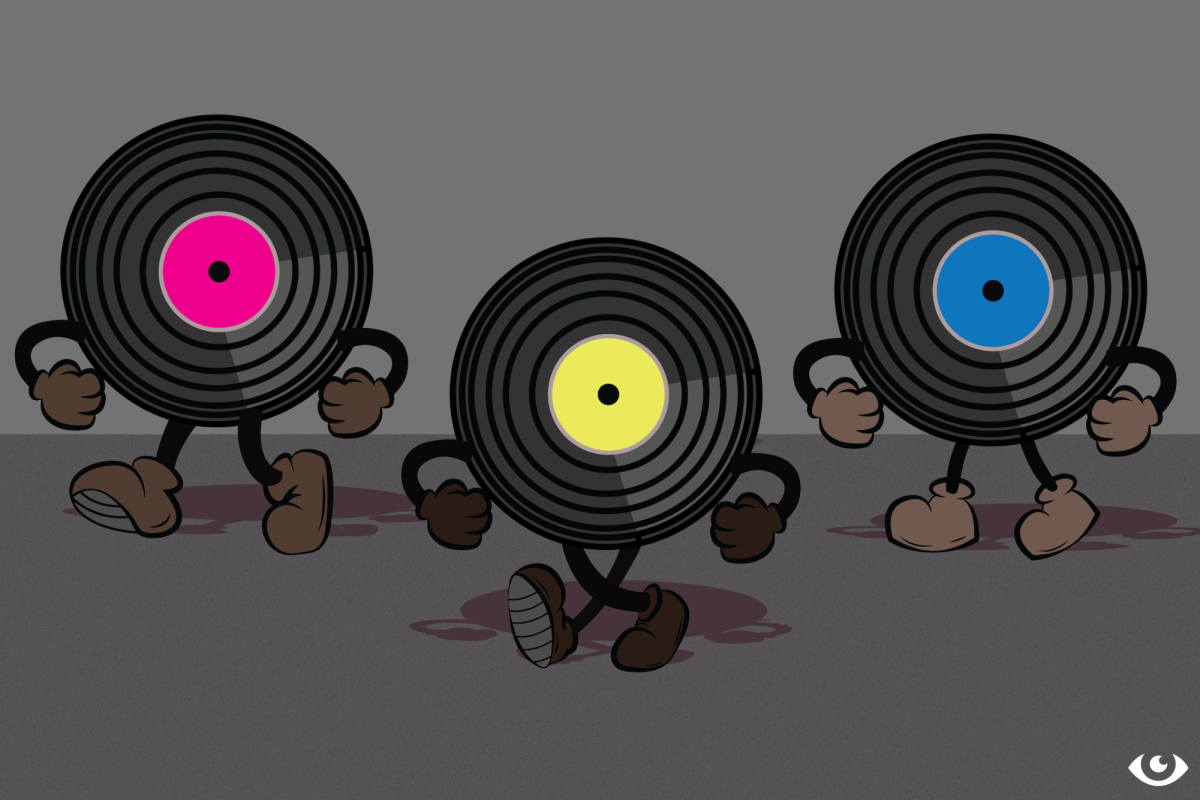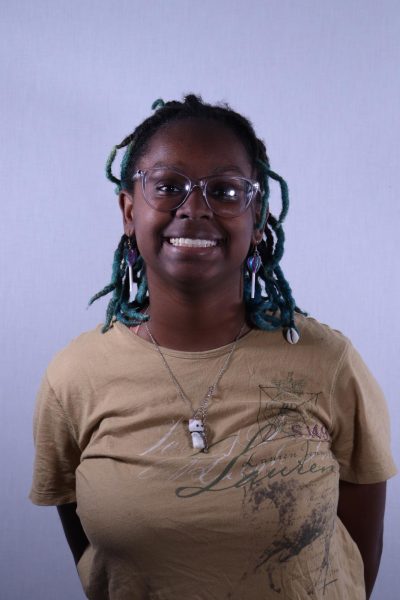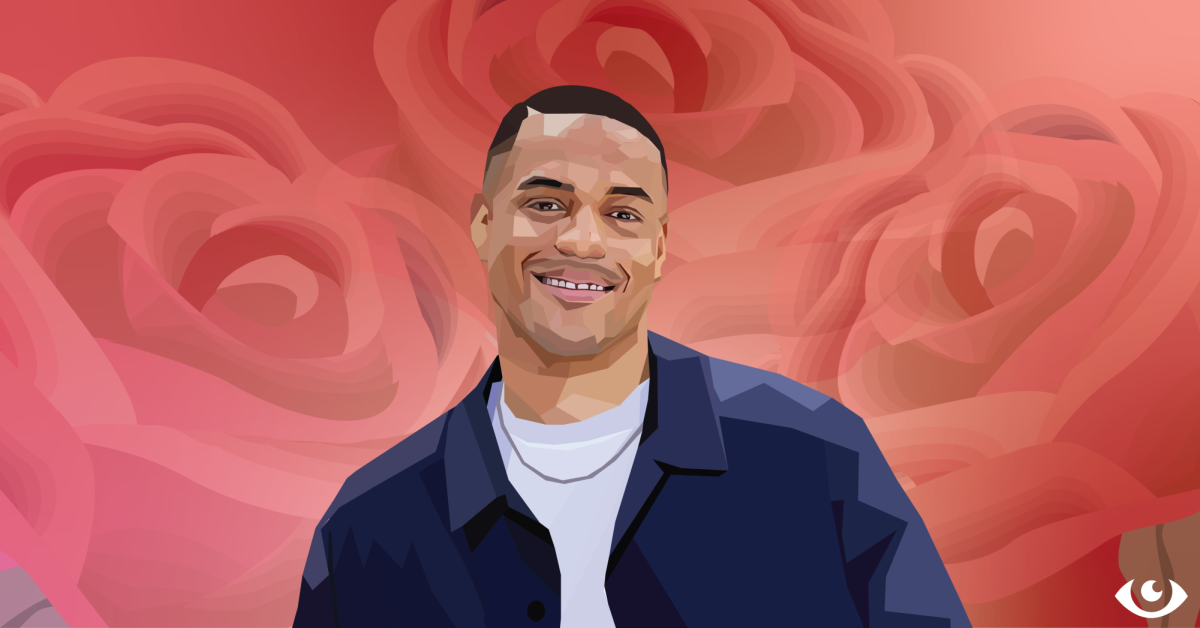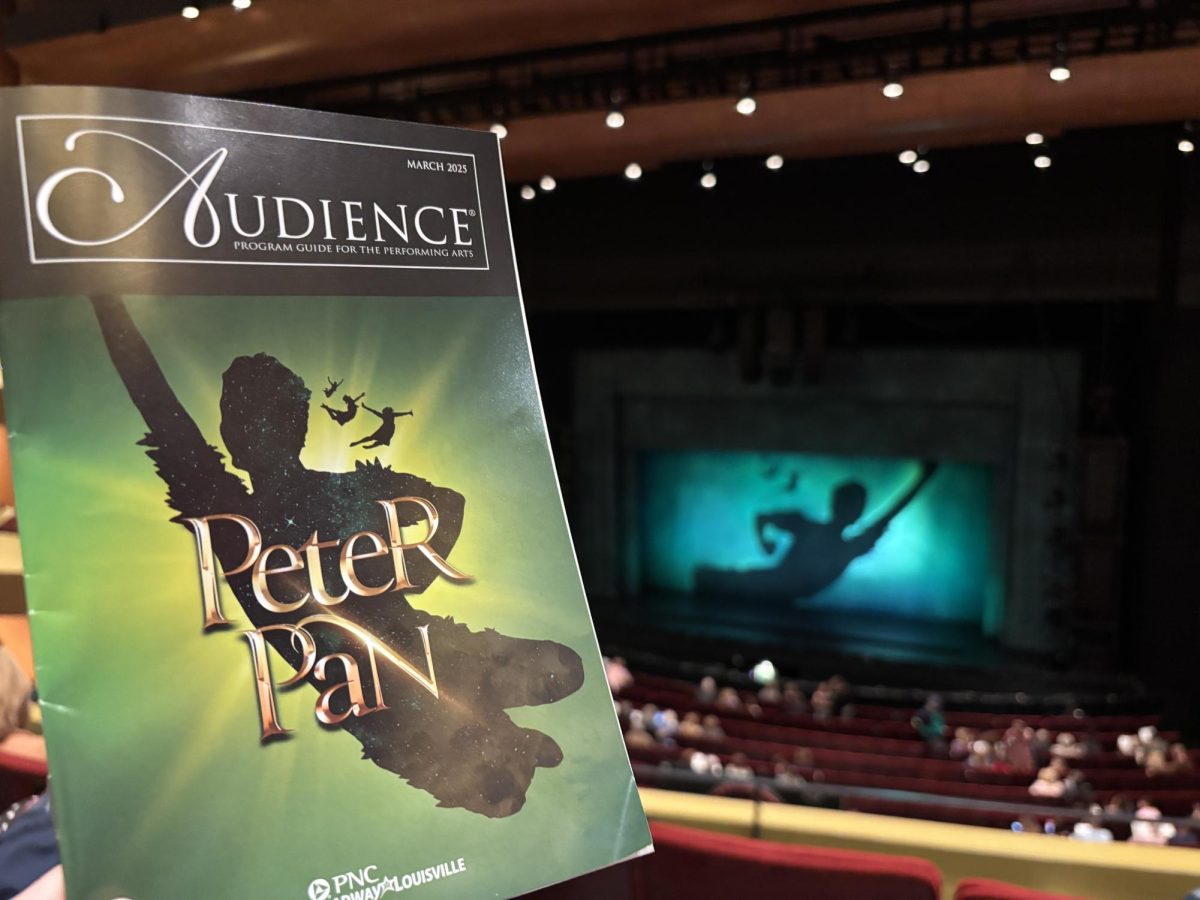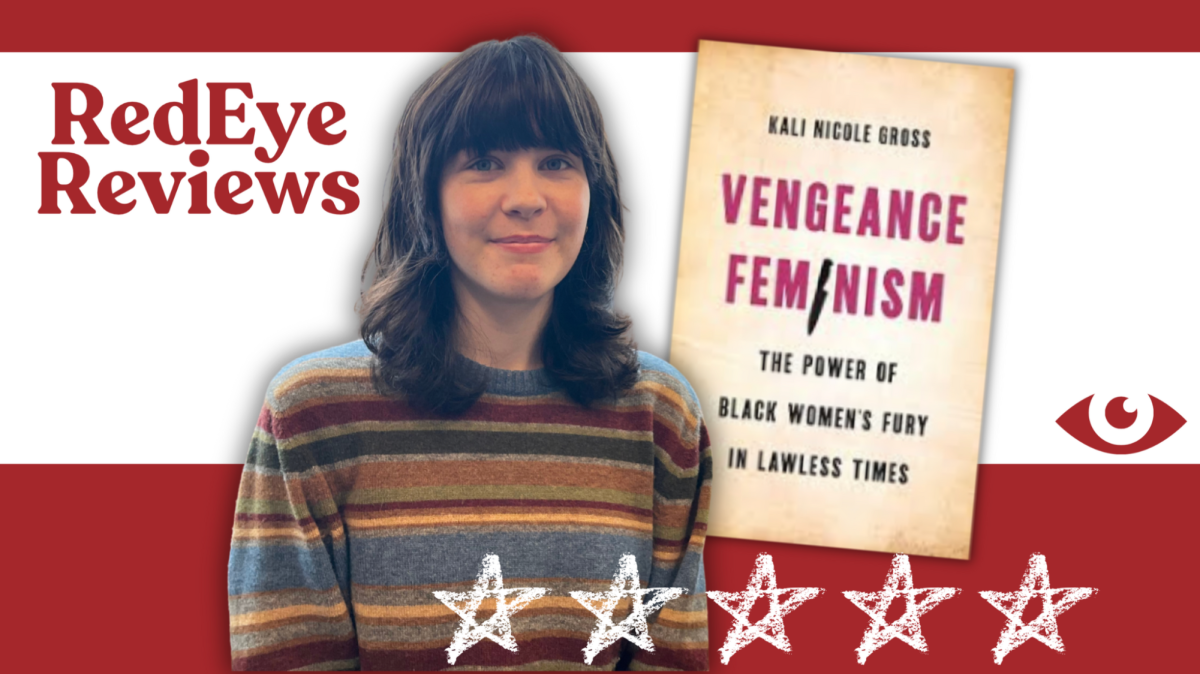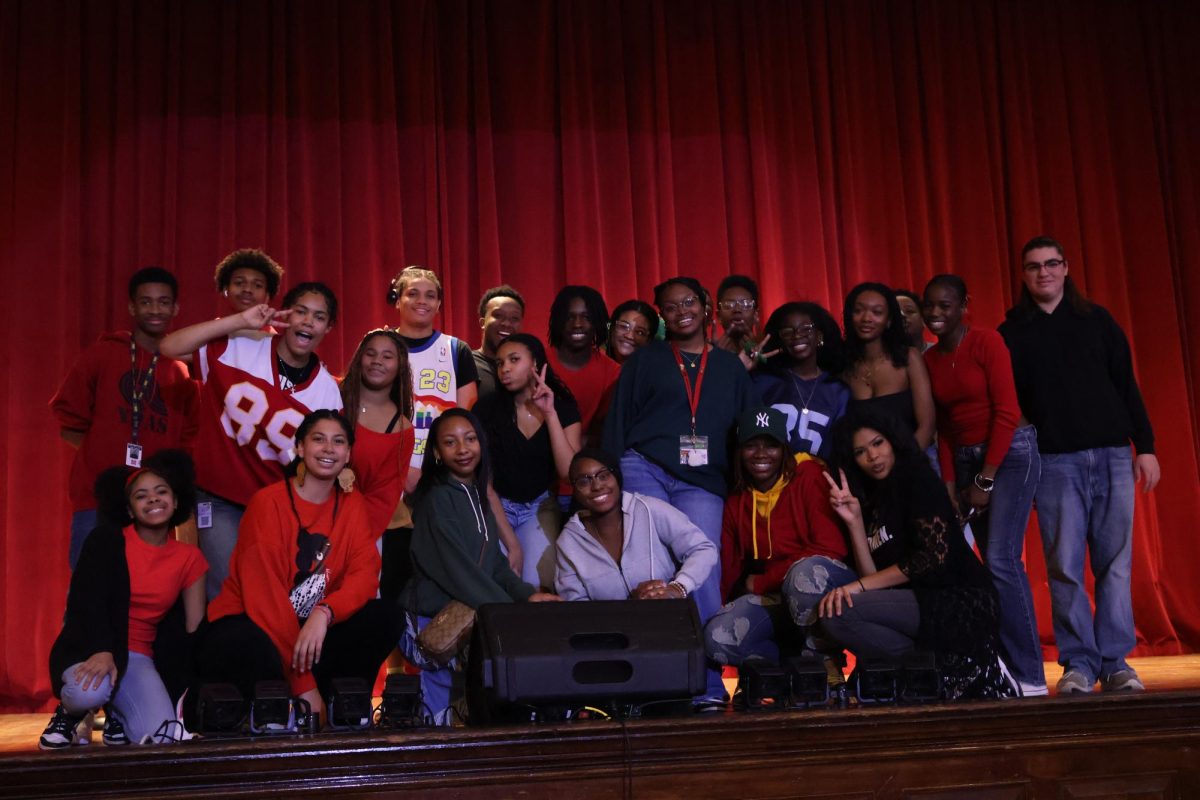During the Civil Rights movement, writers and musicians such as Nina Simone, Gil Scott-Heron and Stevie Wonder created popular music for Black and white people alike. Their music was influenced by a combination of their own life stories and the political movements going on around them.
One of the most monumental political movements of the era was the Black Panther Party (BPP). In 1966, the BPP was founded by Huey P. Newton, Bobby Seale and Elbert Howard after they witnessed the perfervid prejudice towards Black people. The group became widespread across the country, gaining notability for protecting Black neighborhoods from hate groups like the Klu Klux Klan (KKK). The BPP believed peaceful protesting could not keep Black communities safe, so they used militant organization. For example, they openly carried rifles to combat specific violence like when the KKK bombed a Black church in Birmingham, Alabama, killing four young girls.
Nina Simone was a jazz artist who wrote many of her songs about black literature by other revolutionary authors like Langston Hughes and Lorraine Hansberry. She wrote music about racial violence that the BPP rallied against. Simone has songs on topics from lynching to freedom. For example, her song “Four Women” brought awareness to issues not usually talked about like the exploitation of Black Women. The song describes the life of four Black women, representing the four young girls who were bombed in Birmingham. In the song, characters Saffronia, Peaches, Aunt Sarah and Sweet Thing sing about their experiences. The song was later turned into a stage play.
Simone herself was a victim of sexual assault and was often overlooked in the music scene because of her race and gender. She uses the characters Saffronia and Sweet Thing to express her experience with rape with lyrics like “My father was rich and white/He forced my mother late one night,” and “Whose little girl am I?/Anyone who has money to buy.”
Overall, Simone used her platform to create art that would advocate for the rights of Black women. But helping out others can come with a cost. Simone was diagnosed with bipolar disorder in the 80s, but she said she had her first breakdown in 1967. She touches on the topic of justified anger in “Four Women” in the last part of the song. “My skin is brown/My manner is tough/I’ll kill the first mother I see/My life has been rough/I’m awfully bitter these days because my parents were slaves./What do they call me?/My name is Peaches,” she sings. Simone urges that it is necessary to be upset in order to end racist institutions.
The BPP’s membership peaked in 1971 when they started to get more involved in local elections and policy making. However, infighting began within the movement when none of the leaders won any offices. Another source of debate was whether the party should get involved in American politics. Some chapters believed they should keep to themselves and focus on community growth through programs such as free and reduced lunch.
The BPP’s influence began to decline in 1971, which was said to be because of FBI involvement. People still needed a platform to raise their voices and organize without the movement’s influence. So, in 1971, Gil Scott-Heron, known as “the godfather of rap,” released “The Revolution Will Not Be Televised.” This song is a notable part of Scott-Heron’s legacy emphasizing a mantra of thinking for yourself. This is similar to BPP Chairman Fred Hampton’s “I Am A Revolutionary” speech that says that everyone is a revolutionary within.
Scott-Heron says “the revolution,” referring to the Civil Rights Movement, will not be broadcasted with advertisements breaks. Revolutionary change must “take place in the mind,” meaning that individuals must form their own stances instead of allowing society to form opinions for them.
Yes, your mind, the one on the couch, the one watching TV. Go outside, and instead of seeing change from a screen, be a part of history. Many artists have incorporated Scott-Heron’s message in their own music. For example, Kendrick Lamar’s “tv off,” which he performed during the 2025 Super Bowl half-time show, flips the meaning of Scott-Heron’s lyrics and says that “the revolution will be televised.” This contrast is representative of Black culture becoming more celebrity-oriented over the years.
The final years of the BPP were from 1977-1982. In 1974, leader Huey P. Newton fled to Cuba because of alleged murder charges. This eventually cut the final ties between the organization to the public. Simultaneously, in 1976, Stevie Wonder released his hit album “Songs in the Key of Life.” The album features many ballads about social injustice based on Wonder’s life growing up poor.
Wonder’s songs, such as “Village Ghetto Land” and “I Wish,” show Black culture as something valuable, despite being attacked. He talks about his childhood growing up as “a little nappy headed boy,” which he reflects on with both pride and pain. He also sees his neighborhood as a wonderland, but at the same time, he acknowledges how impoverished it is. With Wonder’s complex views of his own life, he emphasizes that one must accept nuanced views to continue moving forward. This is a notion that the BPP failed to grapple with, as evidenced by destructive party infighting.
The voices of these revolutionaries from the past, both political and creative, must be used now to carry out their mission of racial and social equality.




